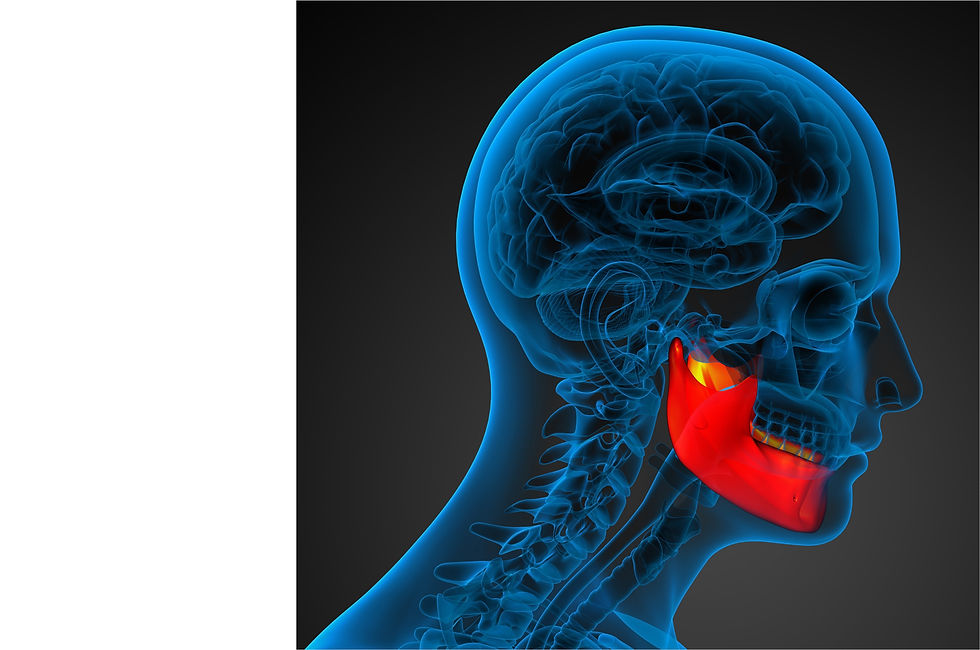Do I Need to Tell My Dentist I'm Pregnant?
- Chelwood Dental Care
- Feb 20, 2023
- 3 min read
Pregnancy is a special time for many women, and it’s important to take extra care of your health during this period. This includes your oral health. It’s important to keep up with regular dental check-ups and treatments while pregnant, but should you tell your dentist that you’re expecting?

The short answer is yes. It’s important to let your dentist know that you are pregnant so they can provide the best care for you and your baby. Here’s why: The Benefits of Telling Your Dentist You're Pregnant When it comes to dental care during pregnancy, communication is key. Telling your dentist that you are pregnant allows them to tailor their treatment plan to meet your needs. Here are some of the benefits of informing them: 1. Safer Treatments: Informing your dentist that you are pregnant allows them to adjust their treatments accordingly. Certain medications and procedures may not be safe for pregnant women, so it’s important for them to know in order to provide the safest possible care. 2. Improved Oral Health: Keeping up with regular dental check-ups while pregnant is important for both mother and baby's health. Telling your dentist that you are expecting allows them to provide more tailored advice on how best to maintain good oral health during pregnancy, such as avoiding certain foods or drinks or using special toothpastes or mouthwashes. What To Expect During Your Dental Visit When Pregnant If you decide to tell your dentist that you are expecting, there are a few things they may do differently during your visit: 1. X-Rays: The risks associated with dental radiography are extremely small under normal conditions, as the amount of radiation used in a dental X-ray is very low. To help put the risk into perspective, dental radiography can be compared to other exposure situations. For example: The radiation dose from two bitewing radiographs or one panoramic radiograph is roughly equivalent to that received during a one-hour plane flight. Even though the risk of radiation exposure from an X-ray is very low, your Dentist can avoid using X-rays unless absolutely necessary. 2. Medications: Your dentist may also adjust any medications they prescribe in order to ensure they won't harm either mother or baby during pregnancy or breastfeeding periods afterwards. They may also provide alternative treatments such as topical gels instead of oral medications if necessary in order reduce any potential risks associated with taking certain drugs while pregnant or breastfeeding afterwards.. 3. Timing: Lastly, depending on how far along you are in your pregnancy, your dentist may recommend scheduling appointments at different times throughout the trimester in order reduce any potential risks associated with certain procedures or treatments at different stages of pregnancy (e.g., avoiding deep cleaning procedures late in the third trimester). Conclusion Informing your dentist that you are expecting can be beneficial for both mother and baby's health during pregnancy and beyond! It allows them to adjust their treatments accordingly in order provide safer care while also reducing any potential risks associated with certain procedures or medications taken during this time period. So don't forget - if you're expecting, make sure let your dentist know!
Get in touch for more information – if you are registered with us, we will see your child for free.
If you are not a patient yet, one of the easiest ways to join our practice is to sign up as a Denplan patient; sign up online easily here. After you have completed your online application, we will be in touch to arrange your first appointment. Alternatively, call us on 0113 266 8459 or email hello@chelwooddentalleeds.co.uk to book a consultation for you or your child.
For more information, please visit our website Chelwood Dental Care.







Comments